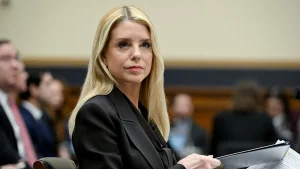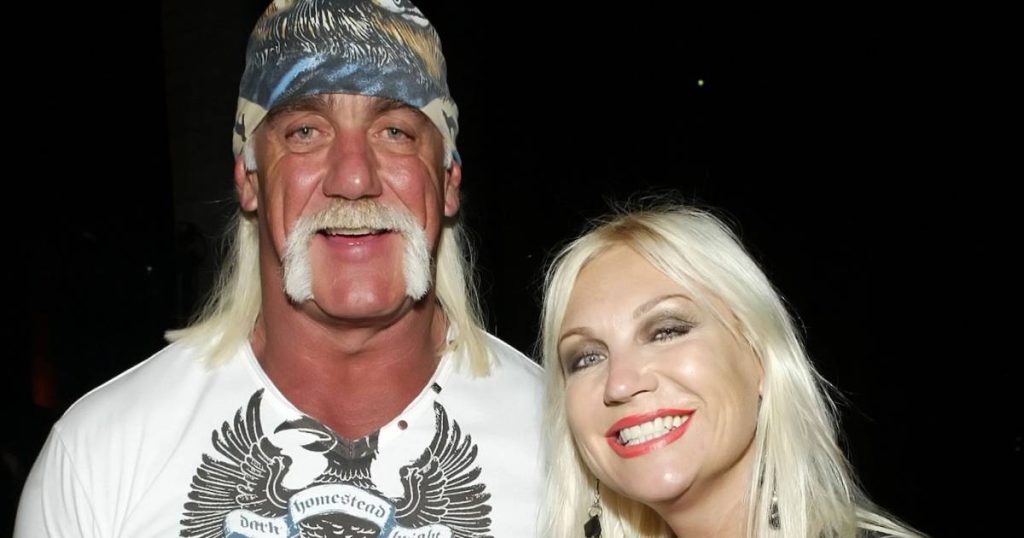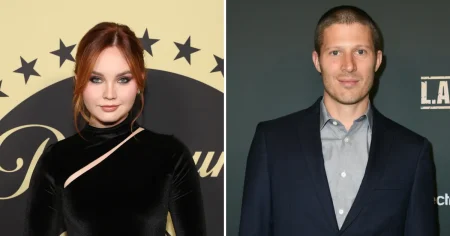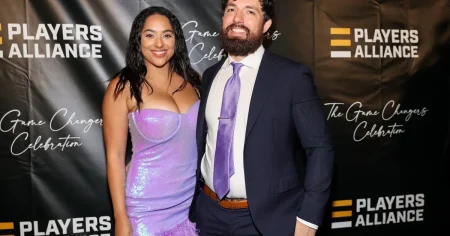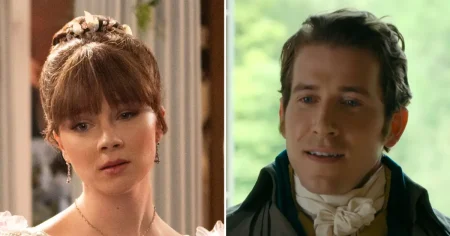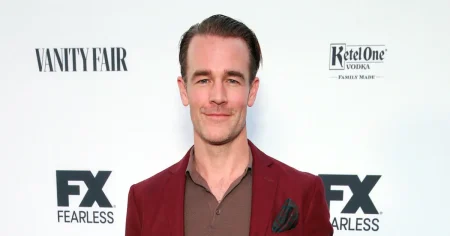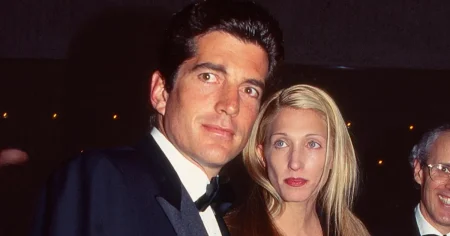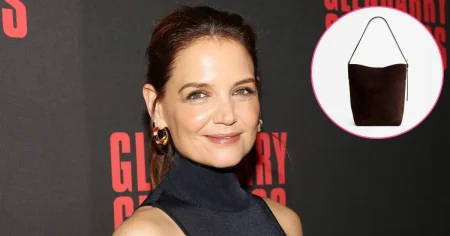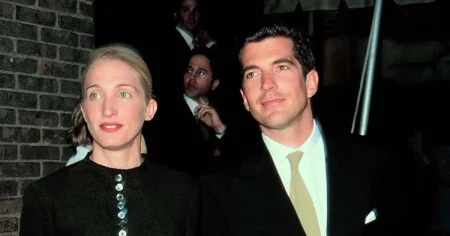HULK HOGAN’S EMMY SNUB STIRS CONTROVERSY
Linda Hogan, the ex-wife of wrestling icon Hulk Hogan, has publicly criticized the 2025 Emmy Awards for excluding the late wrestler from its televised “In Memoriam” segment. In a candid interview with Entertainment Weekly, the 66-year-old suggested that Hulk’s political leanings might have influenced the decision to omit him from the on-air tribute. “I can’t prove that,” she admitted about the ceremony hosted by politically neutral comedian Nate Bargatze. “It’s just a guess, but they should have named him!” Linda emphasized Hulk’s cultural impact, noting that his appearances on WWF programming consistently delivered NBC’s highest ratings in his time slot for years. The couple, who were married for 26 years from 1983 to 2009, shared two children together before their divorce. Despite their separation, Linda’s defense of her ex-husband’s legacy highlights the lasting significance of his contributions to both wrestling and entertainment.
The Emmy Awards ceremony, which took place on September 14, faced criticism not only for Hulk Hogan’s omission but also for leaving out several other notable figures from the broadcast tribute. Stars like Jerry Adler, Danielle Spencer, Jonathan Joss, and Terence Stamp were also absent from the segment, which featured a touching musical performance by country artists Vince Gill and Lainey Wilson. While Hulk Hogan’s name did appear in an extended dedication on the Emmys’ website—alongside actors Gene Hackman and Val Kilmer who were similarly excluded from the televised portion—many fans and family members felt the oversight diminished his cultural significance. This pattern of selective memorial recognition has become increasingly controversial in recent years, as award shows struggle to balance time constraints with comprehensive tributes to departed industry figures. The decision-making process behind these tributes remains largely opaque, fueling speculation about potential biases or oversights.
Hulk Hogan, whose real name was Terry Bollea, passed away in July at the age of 71 after suffering cardiac arrest at his Clearwater, Florida home. Medical reports later confirmed that an acute myocardial infarction was the cause of death. Throughout his remarkable career, Hogan transcended the boundaries of professional wrestling to become a genuine pop culture phenomenon. He made history as the first wrestler to win consecutive Royal Rumble matches and expanded his entertainment footprint well beyond the wrestling ring. His television appearances included his reality show “Hogan Knows Best,” action series “Thunder in Paradise,” and guest spots on “The Goldbergs.” Film audiences also embraced him in movies ranging from “Rocky III” to “Gremlins 2: The New Batch” and “Muppets from Space.” His distinctive persona—complete with handlebar mustache, bandana, and his famous “Hulkamania” catchphrases—made him instantly recognizable to audiences worldwide for decades.
The aftermath of Hulk Hogan’s death has revealed complex family dynamics surrounding his estate. His son Nick, 35, recently filed court documents seeking appointment as co-administrator of his father’s estate. This legal move has highlighted previously unknown tensions within the family, particularly regarding his daughter Brooke’s relationship with her father. The 37-year-old Brooke had apparently requested to be removed from Hulk’s will before his death, a decision that became public only after his passing. When approached by TMZ about being excluded as a beneficiary, Brooke appeared at peace with the arrangement, stating, “His decision is no surprise to me. It’s what I asked for, I stand by it with no regrets.” She further emphasized her financial independence, noting, “My dad knows I’m a hard worker and I have been surviving without his money for a long, long time.” These revelations provide a glimpse into the personal challenges that often exist behind the larger-than-life personas of public figures.
The controversy surrounding Hulk Hogan’s Emmy omission speaks to broader questions about how we memorialize cultural icons, particularly those whose legacies contain both tremendous achievements and controversial elements. Throughout his career, Hogan experienced dramatic highs and lows in the public eye. While he revolutionized professional wrestling and inspired millions of fans with his “train, say your prayers, eat your vitamins” messaging, he also weathered significant controversies, including a sex tape scandal and racially insensitive comments that temporarily severed his relationship with WWE. The Emmy’s decision—intentional or not—reflects the ongoing negotiation between celebrating a person’s undeniable cultural impact and acknowledging the more complex aspects of their public persona. For many wrestling fans, Hogan’s contributions to entertainment deserve recognition regardless of any personal failings or political positions, while others view posthumous honors through a more nuanced lens that considers the totality of an individual’s actions and statements.
Linda Hogan’s public defense of her ex-husband highlights how, despite their personal differences, she recognizes the historical significance of his career and his rightful place in entertainment history. The exclusion of Hulk Hogan from the Emmy’s televised tribute serves as a reminder that even cultural icons can be subject to posthumous judgment and reassessment. As streaming platforms have made wrestling content more accessible than ever to new generations, Hogan’s influence on sports entertainment remains undeniable, regardless of award show recognition. His character’s embodiment of American heroism—complete with red and yellow colors, patriotic messaging, and larger-than-life personality—helped transform wrestling from regional attraction to global phenomenon. While the Emmy controversy may eventually fade, the ongoing conversations about Hulk Hogan’s legacy reflect the complicated process of evaluating flawed cultural heroes and determining how they should be remembered. For the millions who grew up watching him tear his shirt and cup his ear to the roar of the crowd, his impact on entertainment history remains secure, Emmy tribute or not.

